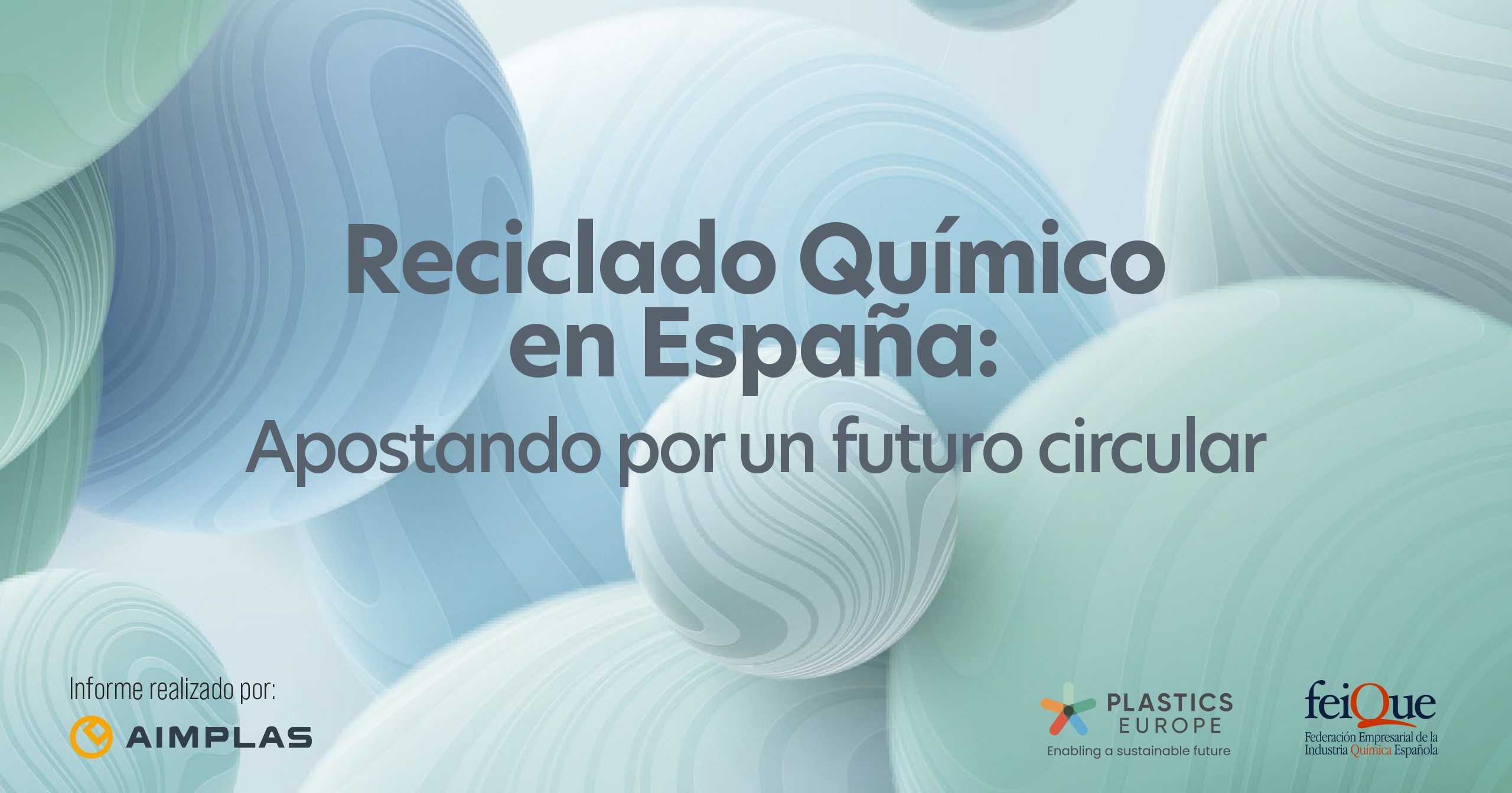10 Myths about Chemical Recycling

Recently, the Federación Empresarial de la Industria Química Española (Feique), together with the Instituto Tecnológico del Plástico (Aimplas) and Plastics Europe, have published the first report that analyses the situation and degree of implementation of chemical recycling in Spain and a prospective for the future of this technology.
This study provides an overview of the present and future of the chemical recycling industry and its potential contribution to the circular economy. It shows both sides of these technologies, their potential and the challenges we face in making chemical recycling a reality.
Despite the advances that science has made in chemical recycling, the concepts and ideas associated with these technologies still contain numerous myths.
The report has dedicated a section to the 10 myths that currently exist around chemical recycling.
Do you want to know what those myths are?
Myth 1: “Chemical recycling is not recycling, it is energy recovery”
False. These are two different concepts even if both involve breaking the polymer chain. Chemical recycling, from the point of view of the waste hierarchy, is above energy recovery and results in circular raw materials.
Myth 2: “Chemical recycling will replace mechanical recycling in the short term”
False. Chemical recycling complements mechanical recycling, it does not replace it. Mechanical recycling should be chosen whenever possible, but when starting from waste highly mixed or contaminated, chemical recycling should be chosen.
Myth 3: “Chemical recycling is a polluting process that releases toxic substances into the environment”
False. Chemical recycling includes a wide variety of chemical processes that are regulated to control their impact on the environment. Legislation regulates these processes, ensuring that their impact is minimized providing an overall reduction of the environmental footprint.
Myth 4: “Chemical recycling has a high carbon footprint”
False. Comparing a manufacturing process of raw materials from chemical recycling with the manufacturing process from a virgin raw material, the carbon footprint decreases.
Myth 5: “Chemical recycling is not a reality on an industrial scale”
False. There are already products on the market that incorporate plastics obtained from chemical recycling. There are plants with different chemical recycling processes that treat tons of waste per year.
Myth 6: “Chemical recycling is a technology with high greenhouse gas (GHG) emissions”
False. Chemical recycling can prevent incineration of plastics and can be used as raw material, avoiding exploration refining, and reducing GHG emissions, which throws a favorable balance of emissions. There are many scientific studies showing the benefits of combining mechanical recycling and chemical recycling in terms of emissions.
Myth 7: “Chemically recycled plastic materials are not competitive with virgin plastic”
False. Chemically recycled plastic is a new material on the market and its price will depend on the demand. The competitiveness of recycled plastic compared to virgin plastic will be the sum of environmental and economic factors.
Myth 8: “Chemical recycling is the magic solution to recycle all plastics”
False. Chemical recycling could a priori be applied to all waste. However, for each waste, the most appropriate solution must be found. In some cases, it will be mechanical recycling and in others it will be chemical recycling.
Myth 9: “Chemical recycling does not fit with a circular economy”
False. Chemical recycling is a major step towards a circular economy. In fact, it allows resources to be reintroduced into the production system by giving a new life to waste and providing circular raw materials.
Myth 10: “Spain does not have the capacity to lead the chemical recycling technology”
False. Spain has all the factors to be a leader in chemical recycling technology:
- A strong and consolidated chemical and plastics industry
- A strong scientific-technological sector
- A value chain working in the same direction to create a sustainable system
- A public administration that has shown its support for this technology through economic support
If you want to read more about the report click here.
Feique: https://www.feique.org/
Aimplas: https://www.aimplas.es/
Plastics Europe: https://plasticseurope.org/